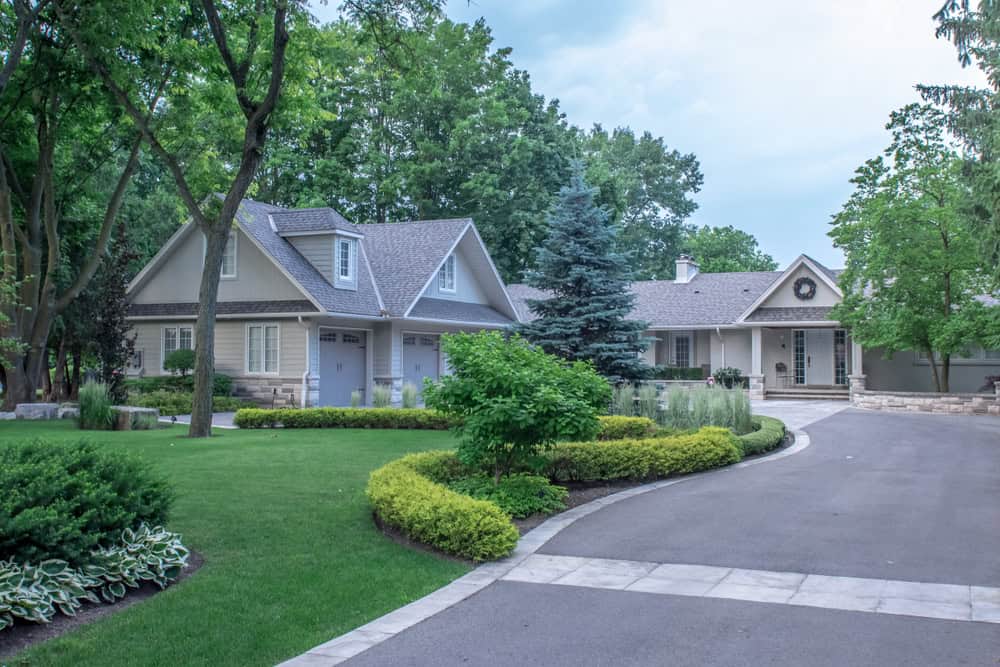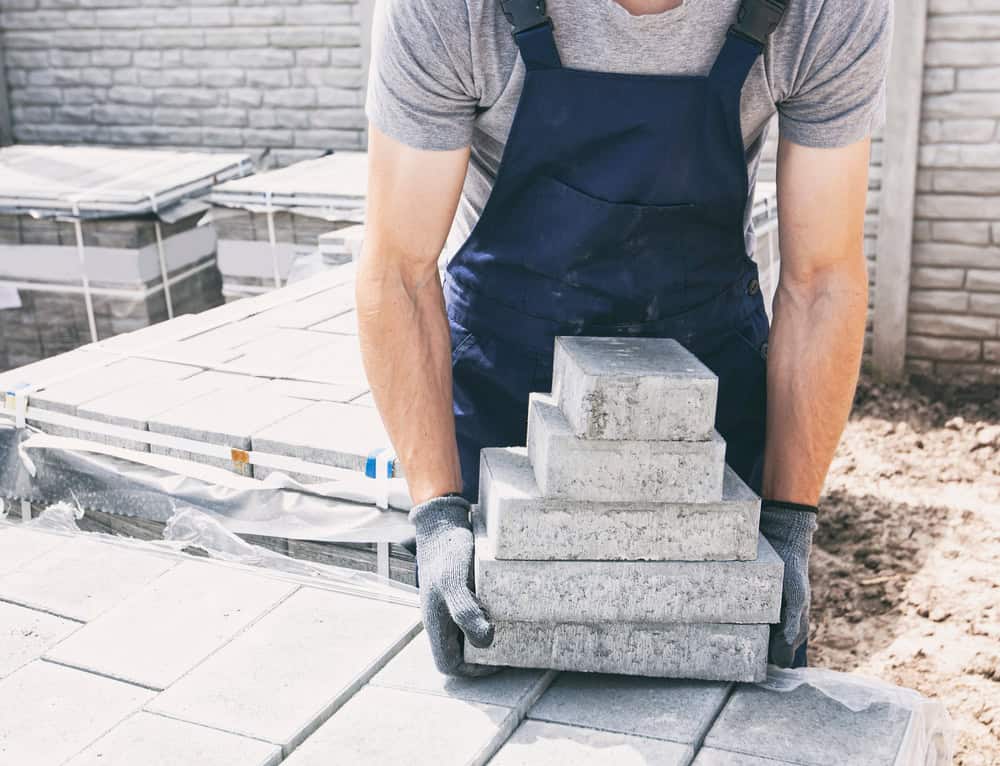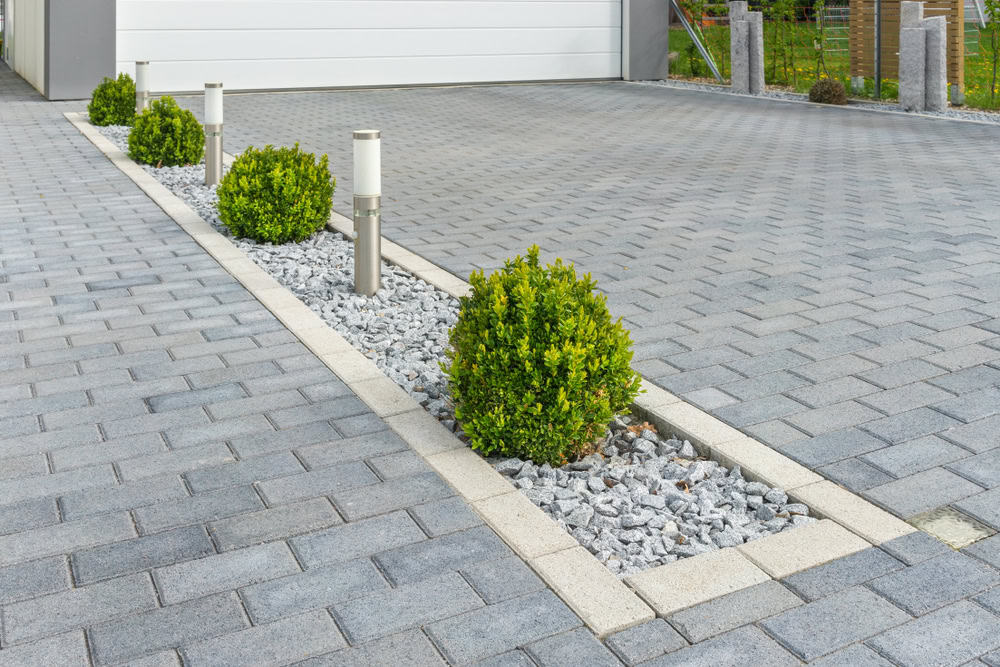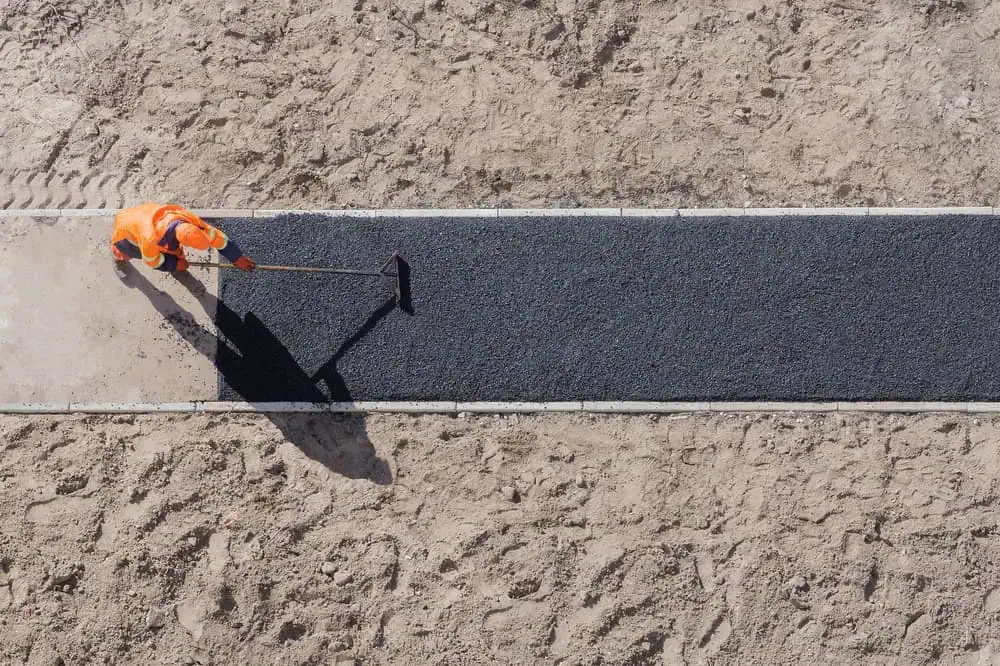Professional paver installation that handles New England weather and looks great for years.


You know that cracked concrete patio that’s been bothering you? The one where water pools after every storm, and you’re embarrassed to have people over? That changes with properly installed pavers.
When we’re done, you’ll have an outdoor space you actually want to use. No more worrying about cracks spreading every winter. No more explaining to guests why half your patio is sinking.
Your new paver installation handles Massachusetts weather the way it should. Rain drains properly between the joints instead of pooling on the surface. Individual pavers can be replaced if damaged, unlike concrete that cracks and stays cracked. You get a space that works for entertaining, relaxing, or just enjoying your morning coffee outside.
Academy Masonry has been handling paving installation in Everett and surrounding areas for years. We understand how the local soil shifts with the seasons and what it takes to build a base that won’t settle or heave.
Most paving problems start with poor foundation work. We’ve seen too many beautiful paver patios ruined because someone skipped proper excavation or used the wrong base materials for our climate.
When you work with us, you’re getting contractors who know the difference between a job that looks good for six months and one that looks good for decades.

First, we excavate to the proper depth – usually 8-10 inches depending on your soil and intended use. This isn’t where you want to cut corners. We remove all organic material and anything that could shift or decompose over time.
Next comes the base layer. We use crushed stone, properly graded and compacted in lifts. This is what keeps your pavers level and prevents settling. Then we add a leveling layer of sand, screed it perfectly flat, and begin laying your pavers according to the pattern you’ve chosen.
The final step is joint sand and compaction. We sweep polymeric sand into all joints, which hardens when activated with water. This locks everything in place and prevents weeds from growing between pavers. The whole surface gets a final compaction to ensure everything is solid and level.

Ready to get started?
Your paving installation includes complete site preparation, proper base construction, and professional paver laying. We handle all excavation, base materials, sand leveling, and final compaction. You’re not paying extra for “surprises” we should have planned for from the start.
We work with quality paver suppliers who stock materials that actually hold up in Massachusetts weather. Concrete pavers, clay brick pavers, and natural stone options are all available depending on your preferences and budget.
Every installation includes proper edge restraints to prevent paver movement and spreading. We also ensure proper drainage slope so water moves away from your home and doesn’t pool on the surface. Your project comes with a warranty on both materials and installation workmanship.

Local Resources